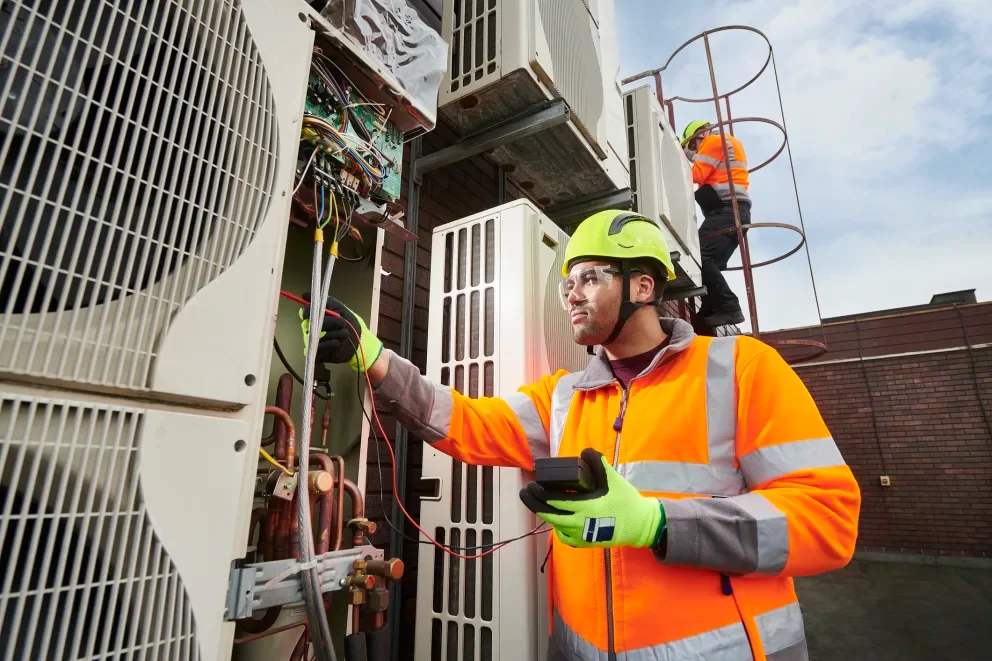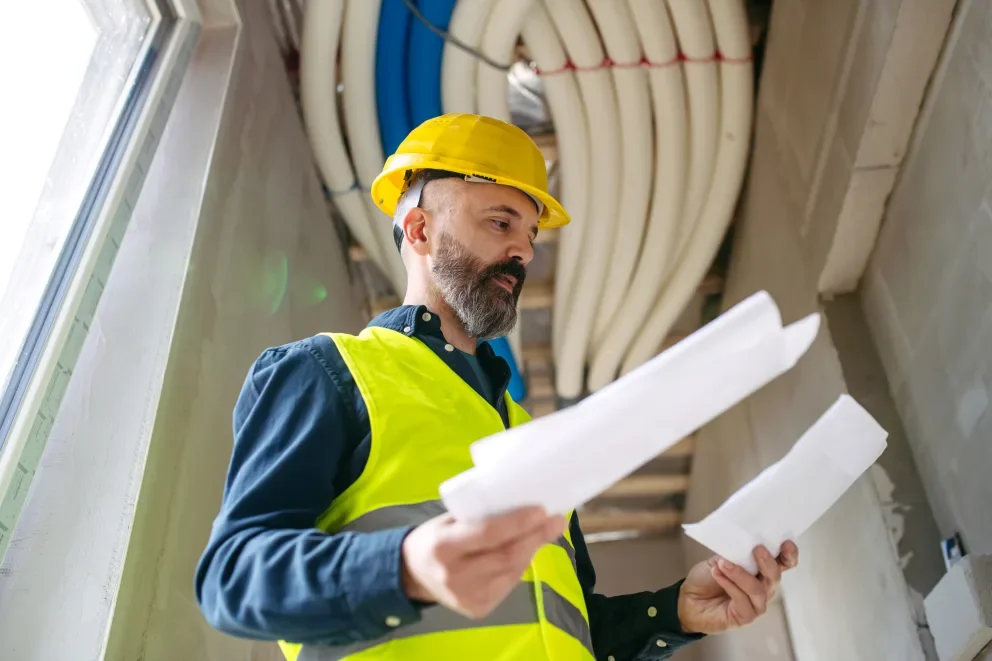A diagnostic fee is a charge that is often required when a technician needs to inspect a car’s systems to determine what is causing a problem. It is usually a fixed price for the service which covers the cost of the technician’s time and expertise in diagnosing the issue. The diagnostic fee may also cover any special equipment used to identify the source of the problem.
Diagnostic fees are usually required before any repair work is done. This gives the technician the opportunity to ascertain the cause of the issue and provide an accurate estimate for the cost of the repair. The fee may also be used to cover the cost of a repair manual, necessary tools, and other materials used in the diagnosis.
When it comes to diagnosing car problems, the diagnostic fee is an invaluable tool. It allows the technician to quickly identify any issues and come up with a plan of action to get the car running again. Furthermore, it ensures that the customer is not overcharged for the service as the fee is a fixed fee. As a result, the customer is able to trust the technician to provide an accurate and timely diagnosis.
How long will the diagnostic process take?
The length of the diagnostic process is largely dependent upon the complexity of the issue and the equipment used. Generally speaking, the process should take anywhere from 30 minutes to a few hours. If the technician needs to use specialized equipment, it could take longer. The diagnostic process begins with the technician inspecting the car for any visible signs of damage or wear. The technician then uses a variety of tools such as a code reader, a scan tool, and a multimeter to identify any issues with the car’s systems. Once the issue is identified, the technician can provide an estimate for the cost of the repair.
If the technician needs to use special equipment to diagnose the issue, they may need to order the parts and wait for them to arrive before they can begin the repair. This could take several days, depending on the availability of the parts. In some cases, the diagnostic process may take longer than expected. This can be frustrating for the customer, but it is important to remember that the technician is doing their best to identify and fix the problem. In the end, their efforts will result in a safe, reliable vehicle that is ready to get back on the road.
What type of equipment will the technician be using to diagnose the issue?
The type of equipment used during the diagnostic process may vary depending on the type of problem that needs to be identified. Generally, the technician will use a code reader, a scan tool, and a multimeter. A code reader is used to identify any trouble codes stored in the car’s computer system. A scan tool is used to read the car’s data, such as fuel and engine temperatures. A multimeter is used to measure electrical voltages and currents. The technician may also use special equipment such as a gas analyzer and an oscilloscope to diagnose problems.
A gas analyzer is used to measure the concentration of pollutants in exhaust gases. An oscilloscope is used to measure the electrical signals in the car’s systems. It is important to remember that the diagnostic process is not always easy. The technician must use their knowledge and experience to identify the source of the problem and come up with a plan of action to get the car running again. By using the right equipment and taking their time, the technician can ensure that the car is running safely and efficiently.
Will the technician be able to provide an estimate of the cost of the repair?
Yes, the technician should be able to provide an estimate of the cost of the repair once they have identified the cause of the problem. The estimate will take into account any necessary parts and labor costs. It is important to note that the final cost may vary from the estimated cost as some components may need to be replaced or additional work may be required. Additionally, some repairs may require specialized tools which could add to the overall cost. Before beginning any repairs, it is a good idea for the customer to discuss all the details with their technician and get an accurate estimate of how much the repair will cost. This can help ensure that there are no surprises when it comes time to pay for the service.
What is the technician’s experience with diagnosing similar issues?
The technician’s experience will vary depending on their individual background and expertise. Generally, they should have a good understanding of the car’s systems and be able to identify any issues with them quickly. An experienced technician may have seen similar issues before, which could help them narrow down the cause of the problem more quickly. It is important to remember that the diagnostic process can be time-consuming and complicated, so an experienced technician is essential for ensuring that it goes as smoothly as possible. If the customer has any questions or concerns about the technician’s experience, they should feel free to ask before beginning any repairs. This will help ensure that the job is done correctly and efficiently.
How long will the repair take?
The length of time it takes to complete the repair will depend on the complexity of the problem and the availability of necessary parts. In most cases, a simple repair should take a few hours to complete. For more complicated repairs, such as those involving engine or electrical problems, it could take longer for the technician to identify and fix the issue. Additionally, if any parts need to be ordered, this could add time to the process. It is important for customers to remember that diagnosing and repairing car issues can require patience. The technician is doing their best to ensure that everything is done correctly so that the car runs safely and reliably when it leaves the shop. Asking for an estimated timetable upfront can help give customers an idea of how long the repair will take.
Are there any safety precautions that customers should take while having their car repaired?
Yes, customers should always make sure to follow all safety protocols when having their cars serviced or repaired. This includes notifying the technician of any special instructions they may have, such as turning off power switches or disconnecting battery cables before work begins. Customers should also avoid touching any exposed wires or equipment and keep clear of any moving parts during the repair process. Additionally, it is important for customers to wear appropriate clothing, such as gloves and close-toed shoes when working around a car. Following these precautions can help ensure a safe and successful repair experience for everyone involved.
Will the technician provide a warranty or guarantee on the repair?
Most technicians will provide some type of warranty or guarantee on the repair work that they perform. Some shops may offer a limited period of time for free repairs, while others may provide a more comprehensive warranty plan with additional coverage. Customers should ask any questions they have about warranties and guarantees before having their car serviced to make sure that they are getting the most out of their repair experience. This can also help them rest assured knowing that their car is in good hands and will be repaired correctly the first time around.
Will the technician provide a detailed report of the issue and recommended repair?
Yes, most technicians will provide a detailed report of the issue and recommended repair. This should include an overview of what was found during the diagnostic process, what parts may need to be replaced or repaired, and how long it is estimated that the repair will take. The technician should also be available to answer any questions customers may have about their report and the repair process in general. Having this kind of information can help customers make informed decisions about their car’s maintenance needs. It can also give them peace of mind knowing that they are getting quality service from an experienced technician.
What parts or materials will be needed for the repair of HVAC systems?
The materials needed for the repair of HVAC systems will depend on the type of system and the issue being repaired. In some cases, it may be necessary to replace worn or damaged parts, such as filters, coils, or motors. Other repairs could involve sealing ducts or replacing insulation. When dealing with complex systems like air conditioners or heat pumps, a technician may need special tools and equipment to complete the job. Additionally, they may need to order certain parts in advance if they are not readily available. It is important to discuss all potential parts and materials needed before beginning any work so that customers know what to expect in terms of cost and timeline.
Is there a fee for canceling or rescheduling the appointment for HVAC Maintenance?
Yes, some shops may charge a fee for canceling or rescheduling an appointment. This fee is usually determined by the shop and can vary depending on the specific service being offered. Customers should ask about any cancellation fees before making their appointment so they are aware of any potential costs associated with making changes to their repair schedule. Additionally, customers should always make sure to provide as much advance notice as possible when canceling or rescheduling an appointment in order to avoid any unnecessary fees.
Are there any safety precautions customers should take while their HVAC system is being repaired?
Yes, there are some safety precautions that customers should take while having their HVAC system repaired. Customers should always make sure to keep children and pets away from the area where the technician is working. Additionally, they should refrain from operating any of the components on their HVAC system during repairs as this could interfere with the technician’s work or cause further damage. Lastly, customers should listen to any advice given by their technicians regarding potential hazards or risks associated with specific repair tasks so that they can stay safe at all times. Following these safety precautions can help ensure a smooth and successful repair experience for everyone involved.
Are other services offered by HVAC businesses?
Yes, many HVAC businesses also offer a variety of other services in addition to repair and maintenance. This can include the installation of new units as well as performing energy efficiency audits or assessments. In addition, some companies may specialize in certain areas such as air conditioning, heating, or ventilation systems. Customers should ask about any additional services that may be available before scheduling their appointment for service or repair. Knowing what is offered can help customers make an informed decision about their needs when it comes to maintaining the comfort of their home or business.
Do companies offer any discounts for multiple HVAC?
Many companies offer discounts for multiple HVAC services. For example, a customer may be able to get a discount if they book an appointment for both an annual maintenance check and a repair at the same time. Additionally, some companies may offer discounted packages for regular maintenance services such as air filter replacements or duct cleaning. Some companies even offer special discounts for customers who sign up for a long-term service contract. These contracts typically include discounted rates on all services and materials, as well as priority scheduling and guaranteed response times. By taking advantage of these discounts and packages, customers can save money while ensuring that their HVAC system is always operating at its best.
Do you have recommendations when it comes to dealing with Diagnostic Fees?
When it comes to dealing with diagnostic fees, it is important for customers to understand what they are being charged for and why. Diagnostic fees cover the time spent by a technician to test and diagnose the issue with a vehicle before any repairs can be made. The fee also covers any necessary testing equipment or tools that may be needed to properly diagnose the car’s issue. Additionally, it is important for customers to make sure that any diagnostic fees are reasonable and in line with industry standards as this can help ensure that customers get the best value for their money. Customers should also inquire about any additional fees or charges that may apply prior to having their car serviced, as this can help them avoid unexpected costs further down the line. Finally, customers should always make sure they get an estimated price beforehand so they can plan accordingly when budgeting for car repairs.



